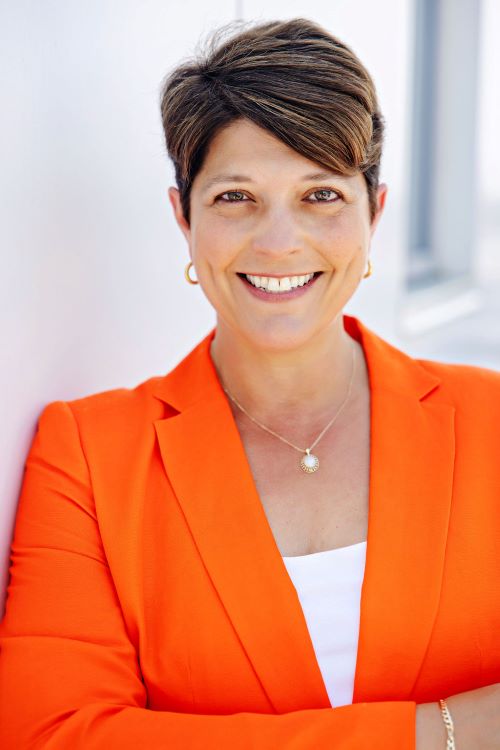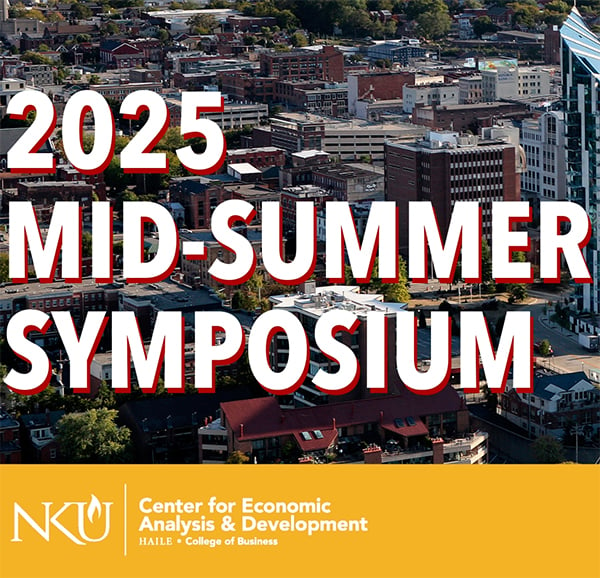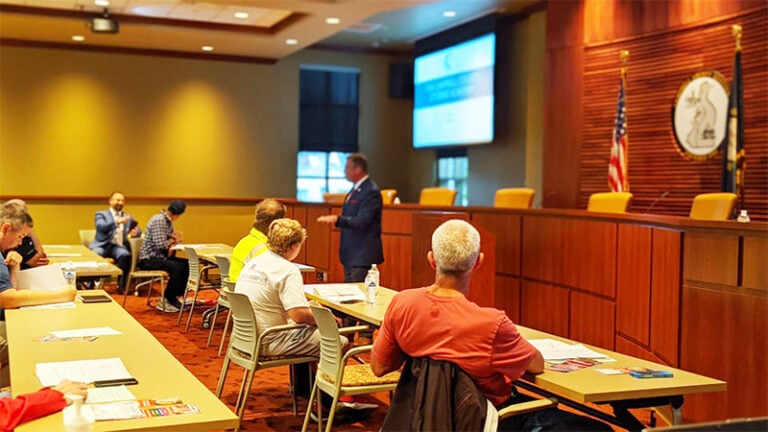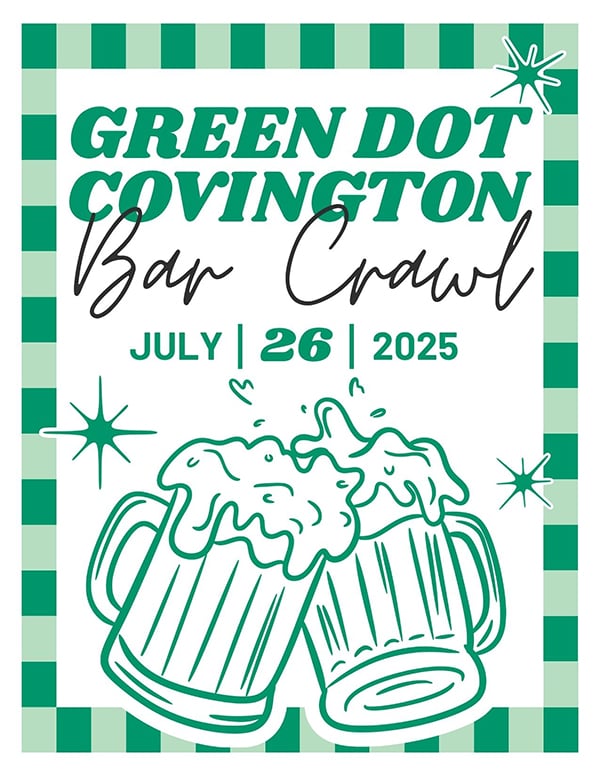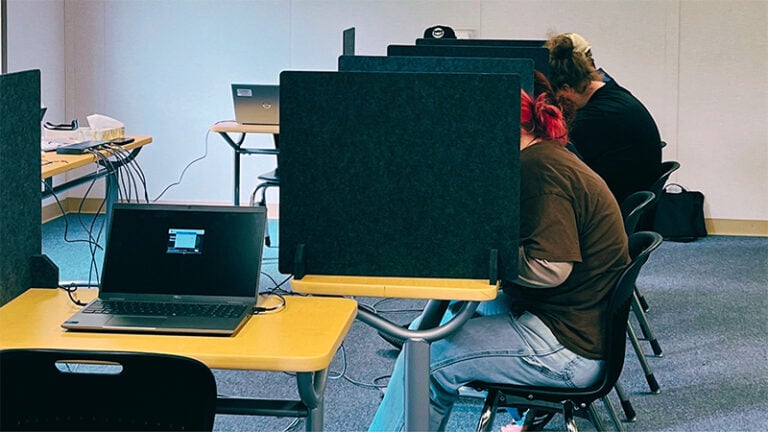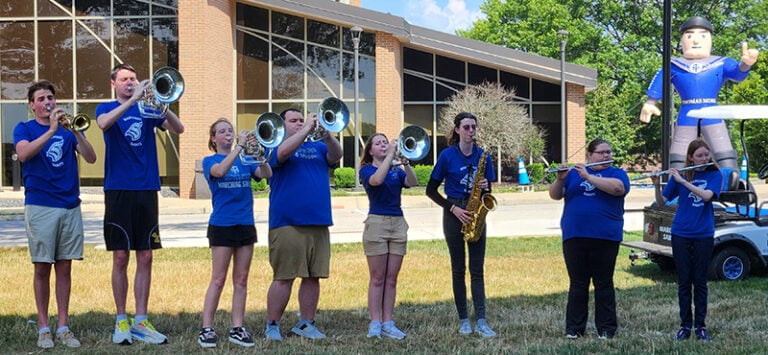When I moved to Kentucky thirty-five years ago, my first official act was to get a library card. Second was registering to vote. When the clerk asked how I intended to declare myself, I replied without hesitation: “Independent.”
With a smile as sweet as honey on homemade biscuits, she said, “Well bless your heart.”
Being new to Kentucky, I had not yet been initiated to the linguistic nuances of her response. Silly me, I thought she was being nice.
Later, I learned there were multiple meanings for “Bless your heart,” ranging from, “What were you thinking?” to “You are not the sharpest knife in the drawer,” and “I guess your momma didn’t teach you right.”

Another new Kentucky acquaintance told me, “You’re not from around here, are ya? If you don’t register as a Democrat, you don’t really get a vote.”
What I did not know is that by law, Kentucky has closed party primary elections. You must register as a Democrat or Republican to vote in either party’s primary election. If you choose to register in a political group or organization or designate independent status, you are not eligible to vote in Republican or Democrat party primary elections.
You are, however, eligible to vote in nonpartisan primary elections.
As a result, there were not too many registered Independents, unless you counted someone like Gatewood Galbraith, a flamboyant and perennial candidate who ran for public office nine times, including five campaigns for governor.
He never won.
Historically, our region of Kentucky had been pretty consistently Democrat, so the contests where votes counted most, according to my sources, were in primaries.
It was all news to me because my family’s political history had been established in New York and New Jersey. My father, a Canadian citizen, could not vote in the U.S., but he and my mother — born in the USA and a citizen who voted in every election — followed the news and politics closely.
They both admired Eisenhower, a Republican, for his leadership in WWII, but were partial to Democrat Harry Truman because he was feisty and plain spoken.
My mother decried Adlai Stevenson, who ran against Eisenhower, because Stevenson was divorced and too much of an “egghead.”
Before John F. Kennedy was declared the Democrat nominee for president, I had spent nine years at St. Francis, a Catholic school. By election year 1960, I was attending a public high school that conducted a straw poll for the presidency.
In that election, Nixon was the one.
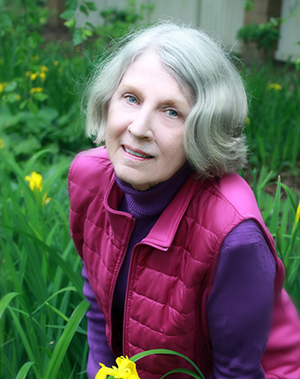
I, however, was rooting for Kennedy. Like me, he was Catholic, and I was sick of nasty comments about how a Kennedy presidency would enshrine the pope in Washington D.C. or add giant rosary beads to the Statue of Liberty.
Kennedy was young, handsome, a war hero. His wife was beautiful and refined. Their stunning children were proof of their passion, unlike so many politicos who were old and stodgy.
In 1968, I was finally eligible to vote. New Jersey was an open primary state. I was single, gainfully employed and registered as an Independent so I could vote in any primary. My goal in every election was to support the best candidate, regardless of party affiliation. Being an Independent suited my values and allowed me to make choices based on qualifications, not party affiliation.
It is nobody’s business how I am registered now, but I admit I am increasingly impatient with candidates who rely on an overload of blah-bah-blah talking points instead of reasoned analysis and sensible discussion. When campaign strategy embraces conspiracy theories and unquestioning support of repeatedly unproven assertions, I lose respect for the person and the party – red, blue, or whatever.
The national political landscape continues to change for the worse, and the trend is spilling over to state and local contests. Entire states are pigeonholed as Red or Blue, referring to Republican and Democrat. Occasionally, one comes up purple, indicating that the voting public is not necessarily riveted on one party only.
With gerrymandered Congressional districts, voters are being channeled toward one party’s inevitable victories. A case in point, our Congressional District starts in western Kentucky and then zigs and zags through Paducah, Murray, Hopkinsville, Henderson, and Madisonville, before it lurches up and around, curlecuing into the state capitol, a 4-hour 262-mile journey, from Fulton to Frankfort.
Due to the whimsical design of the 1st Congressional District, our representative, James Comer can live in the house he owns in Frankfort, instead of the other one in Thompkinsville. Moreover, he could drive to Windsor, Canada, in less time than it takes for him to drive the entirety of his gerrymandered district.
With this maelstrom of red and blue thoughts in mind, I took advantage of no-fault early voting and cast my ballot for governor and other statewide posts last Thursday. As always, I was heartened to see the competence and cheerfulness of the volunteers, and the variety of people lined up to vote. I hope my candidate wins but have no illusions about how our elected officials in Frankfort will behave regardless of the winner.
Both gubernatorial candidates were in Murray last week. Cameron’s bus was emblazoned with the pugnacious slogan, “Fight for Kentucky.”
Beshear’s simply declared, “For Kentucky.”
At the rally downtown on Friday, the current governor’s entreaty to the crowd was, “If we can send one message to the rest of the country, it’s that anger politics ought to end right now.”
I have to side with Andy on this one.







